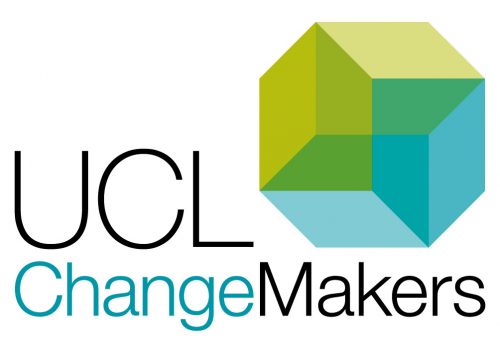THE TEAM
Staff lead: Max Reuter
Student leads: Lilly Bartsch, Makarim Omar
DEPARTMENT
Genetics, Evolution and Environment
WHAT HAPPENED?
This project explored new ways of using online technology to teach statistics at UCL. Specifically we were aiming to improve the delivery of practical computer session accompanying the undergraduate module Computational Biology (BIOL0029), a statistics course for second and third year Biosciences students. An important part of the module are weekly coding practicals where students apply newly learned coding techniques under the guidance of PGTAs. Due to COVID-19 restrictions, practicals were converted from two-hour in-person sessions in a cluster room to one-hour online tutorials. Student feedback has deemed these tutorials less effective and inclusive; the condensed format prevented students from working at their own pace and the online delivery did not allow for interaction among and between students and PGTAs. Here, we built on recent developments in pedagogy (McClure and Williams 2021) and test a novel approach to delivering online practicals, based on the spatially explicit online platform Gather.town. This platform replicates the interactions of in-person sessions, by letting participants control avatars in a virtual space and allowing voice and video interactions between individuals that are ‘physically’ close on the online map. We recruited paid volunteers who had previously taken the online version of BIOL0029, either this or last year, to run two trial sessions that replicated real-world computer practicals. Analysis of questionnaire responses from the participants indicated that the Gather.town practicals were very well received by students across a range of statistical aptitudes. Participants appreciated the engaging and intuitive interface and the possibility to more easily interact informally and privately with their peers and the PGTAs. As a consequence, Gather.town was much preferred to alternative online platforms, such as Teams or Zoom. Face-to-face teaching was however still the preferred way of delivery. Our trials suggest that spatially explicit online platforms provide a promising solution to delivering effective tutorials where face-to-face teaching is not feasible, e.g. under the constraints of social distancing and/or limited room capacity. The platforms help learning by allowing students to have the more natural interactions among peers and with the teaching staff that are lost in standard online settings. While our test sessions have taught us valuable lessons that we can use to improve the use of Gather.town and similar systems, the lacking implementation of a full range of accessibility features remains a hurdle to implementation in a real-life teaching setting.
WHAT ADVICE OR ENCOURAGEMENT WOULD YOU GIVE TO SOMEONE THINKING OF DOING A CHANGEMAKERS PROJECT?
The staff-student collaboration was the highlight of this project, and I would recommend the ChangeMakers scheme for this opportunity.
